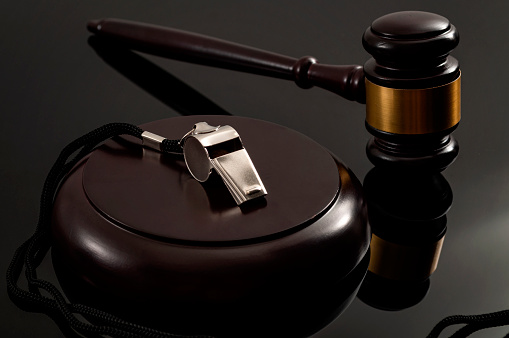Article
viadenuncia
Transposition of the Whistleblowers Directive into Spanish law through Law 2/2023, of 20 February

The transposition of the Whistleblower Directive into Spanish domestic law is already a fact. Incorporating internal and external channels will be mandatory for a specific group of companies, entities and organisations.
The Whistleblowers Directive has been transposed into Spanish law through Law 2/2023, of 20 February, which regulates the protection of persons who report regulatory infringements and the fight against corruption.
The purpose of the law is to protect persons who, in an employment or professional context, detect serious or very serious criminal or administrative offences, or an infringement of European Union law, and report them through the mechanisms regulated therein.
Law 2/2023, of 20 February, regulates minimum aspects that the different information channels must satisfy. Specifically, the law makes it mandatory for private and public entities to have internal information channels because it is considered preferable for information on irregular practices to be known by the organization itself in order to correct them or repair the damage as soon as possible.
In addition to such internal channels, Law 2/2023 of 20 February requires the establishment of other external reporting channels in order to provide citizens with a means of communication with a specialized public authority, which can give them more confidence by allaying their fear of reprisals in their environment.
Obliged companies
According to Art. 10 of the Act, they are obliged to have an internal information system:
- Natural or legal persons in the private sector with 50 or more employees.
- Legal entities in the private sector that fall within the scope of application of European Union acts on financial services, products and markets, prevention of money laundering or terrorist financing, transport security and environmental protection, regardless of the number of employees they have.
- Political parties, trade unions, employers’ organizations and foundations set up by them, provided that they receive or manage public funds.
Establishment deadlines
The second transitional provision of the Law establishes a maximum period of three months from the entry into force of the Law on 13 March for the establishment of internal information systems and the adaptation of existing systems.